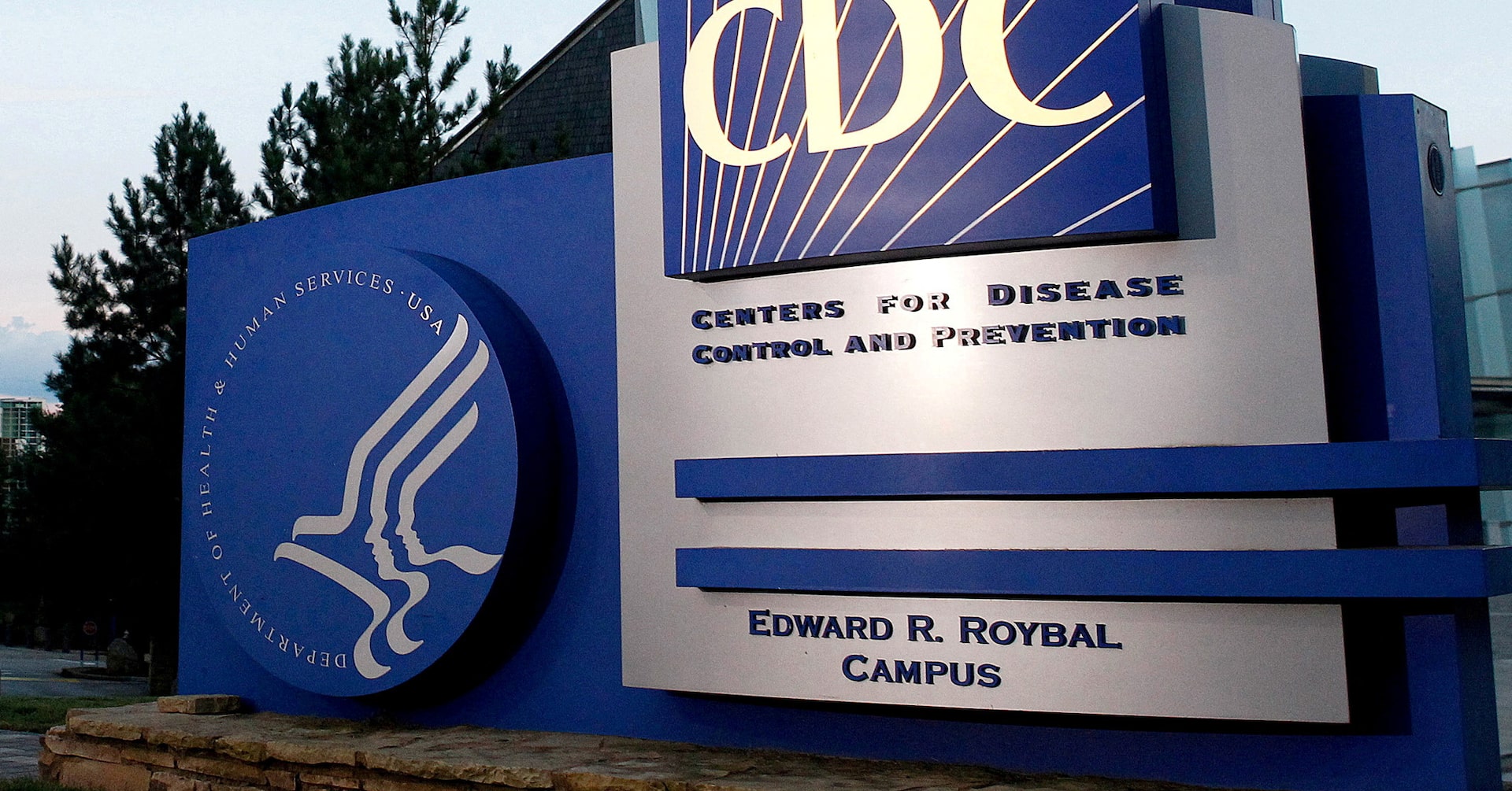Health Agencies Grind to Halt: Trump Administration's Directive Sparks Unprecedented Shutdown

In an unexpected move, U.S. health agencies have abruptly halted critical public health activities this week. The Centers for Disease Control and Prevention (CDC) and other key health organizations have implemented a comprehensive pause on external communications and operations following directives from the Department of Health and Human Services.
Multiple sources close to the situation revealed that the agencies have taken dramatic steps, including:
• Canceling scheduled meetings with external groups
• Suspending public health publications
• Implementing a complete freeze on employee travel
These unprecedented actions have raised questions about the potential impact on ongoing public health initiatives and communication channels. While the exact reasons behind the sudden directive remain unclear, the sweeping restrictions suggest a significant administrative intervention in the nation's public health infrastructure.
The sudden communication blackout has left many health professionals and researchers uncertain about the immediate future of ongoing projects and collaborative efforts across federal health agencies.
